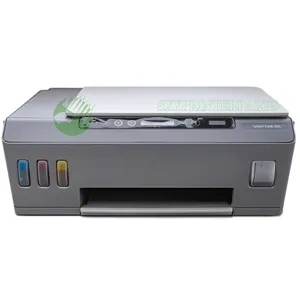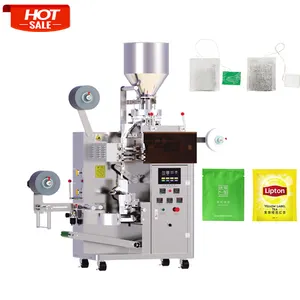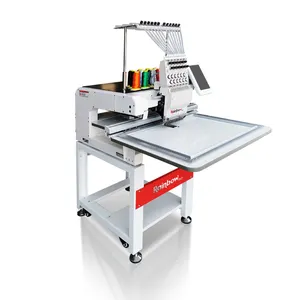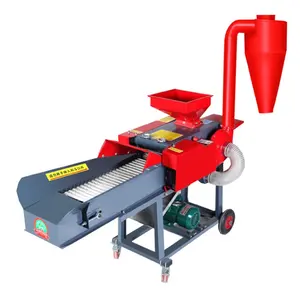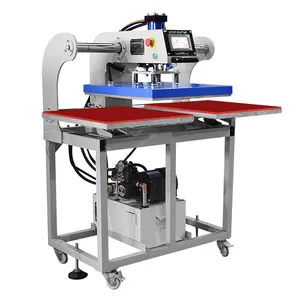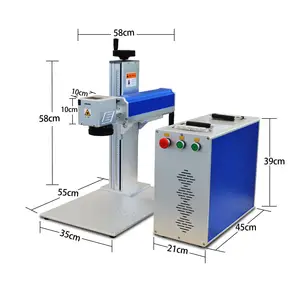Popular in your industry
































































Related Searches:
































































































































Top categories
About cheap layer chicken cages
Introduction to Layer Chicken Cages
Layer chicken cages are a cornerstone in poultry farming, providing a structured environment for egg-laying hens. These enclosures are designed to optimize space, comfort, and productivity, ensuring that chickens live in a setting that supports their well-being and egg production.
Design and Types
The design of layer cages varies to cater to different farming scales and practices. Common types include the A-frame, vertical, and horizontal configurations, each offering unique benefits. The A-frame is space-efficient, while vertical cages are designed for taller structures, and horizontal types expand horizontally.
Materials and Construction
Poultry farming equipment like these cages is constructed from durable materials such as galvanized steel or heavy-duty plastics. These materials are chosen for their longevity, resistance to corrosion, and ease of cleaning. The construction quality ensures the cages can withstand the daily activities of poultry farming.
Features and Applications
Modern layer chicken cages come with features that enhance the rearing of poultry. They often include feeding systems, water dispensers, and egg collection setups. These features are designed to automate tasks, making the rearing process more efficient and less labor-intensive.
Advantages of Using Layer Cages
Utilizing layer poultry cages offers numerous advantages. They provide a controlled environment for the hens, which can lead to increased egg production and ease of management. The cages also help in maintaining hygiene, as they are designed to separate the birds from their waste, reducing the risk of disease.
Environmental Considerations
The use of layer battery cages also takes into account environmental concerns. Many are designed to be eco-friendly, minimizing waste and optimizing feed conversion. This not only supports sustainability but also can contribute to lower operational costs for the farmer.
